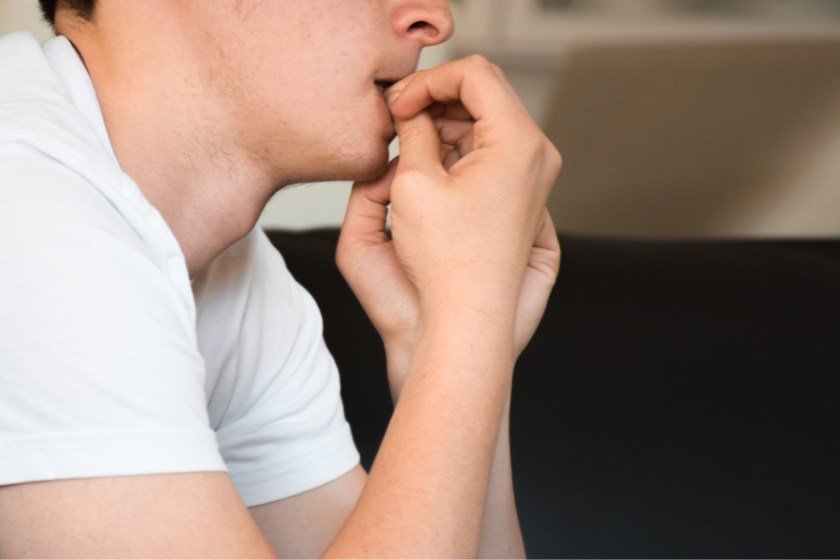


Anxiety is a natural emotional response characterized by feelings of worry, fear, or unease. It is a normal reaction to stressful or unknown situations, but when it becomes persistent, excessive, or interferes with daily life, it can turn into an anxiety disorder.
Anxiety can be caused by a combination of genetic, biochemical, and environmental factors. Stressful situations, past traumas, health problems, or chemical imbalances in the brain can contribute to the development of anxiety disorders.
An anxiety disorder is diagnosed through a comprehensive medical evaluation, which includes a review of symptoms, medical history, and possibly a psychological assessment. It is important for a healthcare professional to make the diagnosis to determine the specific type of anxiety disorder and the best treatment option.
Treatments for anxiety include psychological therapy, such as cognitive-behavioral therapy, and medications, such as antidepressants or anxiolytics. Treatment varies depending on the severity of symptoms and the individual needs of the patient.
Yes, it is possible to treat anxiety without medication through approaches such as psychological therapy, group therapy, relaxation techniques, physical exercise, and lifestyle changes like a balanced diet and sufficient rest. However, the choice of treatment should be discussed with a healthcare professional.